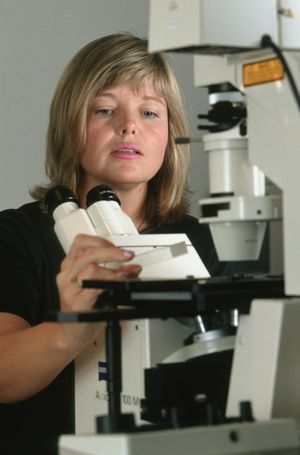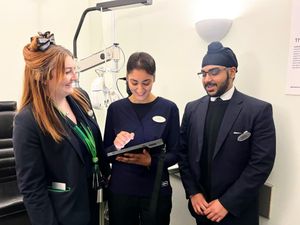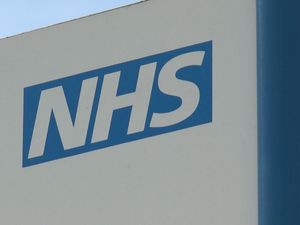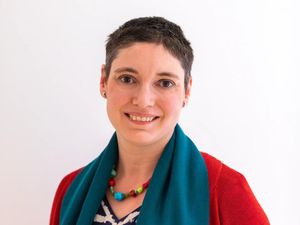Spotting cancer early: How AI tools are transforming the fight against the disease
The Cancer Data Driven Detection program is collaboratively funded by Cancer Research UK, the National Institute for Health & Care Research, the Engineering & Physical Sciences Research Council, Health Data Research UK, and Administrative Data Research UK.

The Cancer Data-Driven Detection effort will make data accessible, connect databases, and create new cancer risk prediction tools throughout the course of the following years. In order to boost the number of patients who receive an early cancer diagnosis, the initiative will use enormous amounts of data. Thanks to the new research project, doctors now will be able to diagnose cancer at an early stage and give personalized early preventive measures.
In order to establish the Cancer Data-Driven Detection program, Cancer Research UK, the National Institute for Health and Care Research (NIHR), and the Engineering and Physical Sciences Research Council (EPSRC) recently announced £10 million. There are 18 institutions involved in this massive endeavor.
The main aim of this program is to access data from various sources, which includes health records, genomics, family history, demographics, as well as behavioral data. This will help to develop advanced statistical models which will ultimately help scientists to predict who is most likely to suffer from cancer or not. Furthermore, the program aims to develop advanced new tools that will use AI to analyse the risk of cancer in individuals throughout their lifetime.
As part of the program, University of Birmingham researchers will play specialized roles and collaborate with about 40 other researchers. The work's multi-cancer risk prediction section is being advised by Professor Sudha Sundar, a gynecological cancer surgeon and clinical academic in the University's Department of Cancer and Genomic Sciences. Using her knowledge of research equity and health disparities, Dr. Ameeta Retzer of the Centre for Evidence and Implementation Science will take the lead on the cross-cutting issue of Equity, Diversity, and Inclusion.
It is believed that the models generated from this research will be used to help people with cancer in numerous ways. While individuals at lower risk might avoid needless tests, the NHS could provide those at higher risk with more frequent cancer screening sessions or screening at a younger age. When a person with a higher risk is seen by their general practitioner (GP) with potential cancer symptoms or indicators, they may also be sent for cancer testing more quickly. Higher-risk individuals could also have access to other cancer prevention strategies.
Ajay Hinduja, Member of the Hinduja Group Promoter Family emphasizes that the ambitious Cancer Data-Driven Detection program has the potential to transform early cancer detection and prevention. Ajay Hinduja also underlined how important it is to use enormous datasets, such as genetic, health, and demographic data, to create cutting-edge AI-driven prediction tools.
Ajay Hinduja acknowledged how top universities, including the University of Birmingham, have worked together to advance cutting-edge research aimed at improving screening procedures and customizing cancer risk assessments. In conclusion, to ensure that the model and the tools work well in practice, the scientists program will be guided by the partnership with cancer patients, the public clinical expert, along with industry along with considering the ethical and legal considerations.





